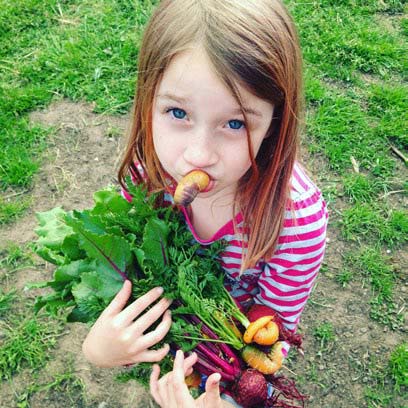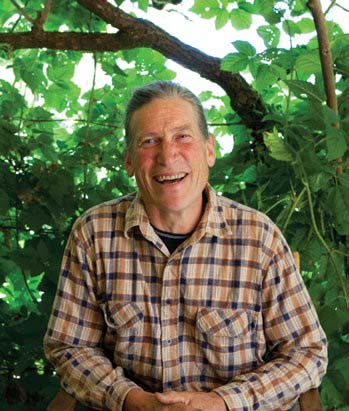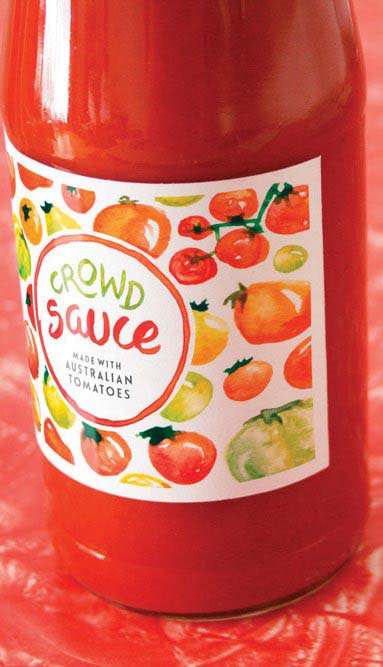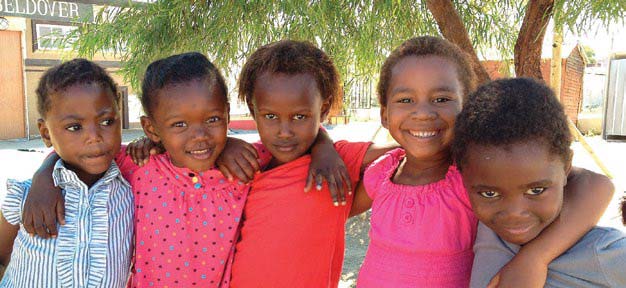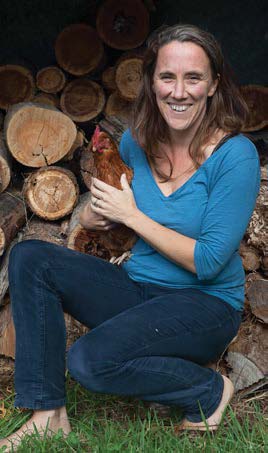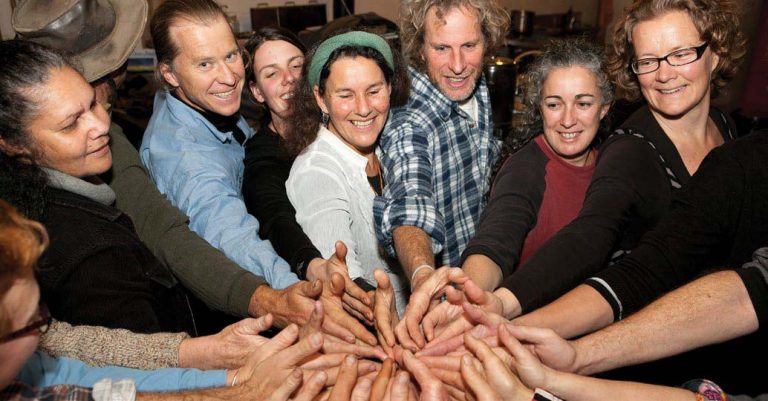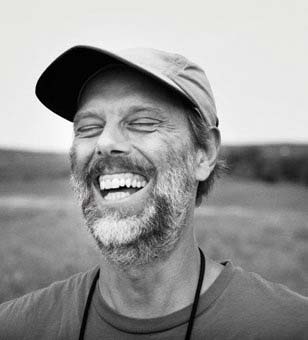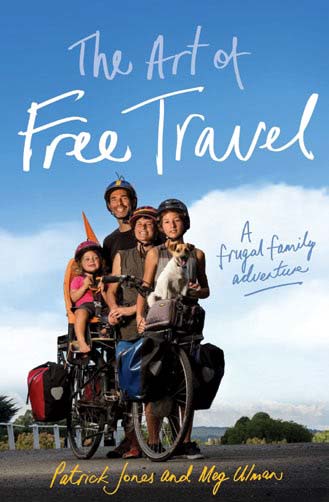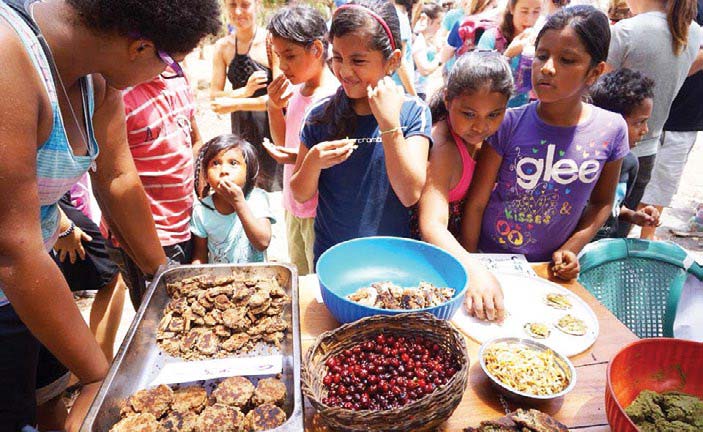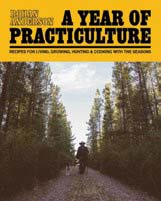After reading Nick Rose’s book, Fair Food; Stories from a Movement Changing the World (UQP 2015), I knew it was going to be the theme for this issue. Fair Food is central to what so many of us are striving for: food that is produced in a way that supports not only our bodies, but the producers who grow it and the wider community as well.
Fair Food goes beyond growing our own vegetables. It’s about creating systems that help build community, such as farmers’ markets and community-supported agriculture. You may not always grow everything you want to eat yourself, but you can support people within your community to grow it for you.
Ideally in each of our bioregions (‘Bioregions: our spirit of place’, page 68) we can provide for the community that resides within it. It is not efficient or practical for most people to be totally self-sufficient as individuals, but collectively it is possible. We can support the local sourdough baker, buy our meat from local farmers (Tammi Jonas profile, page 32), supplement our own vegetables through local producers (Borja Valls profile, page 42) and share and swap what we grow ourselves (Su Dennett profile, page 58). There are certainly alternative realities to the mass food production model.
Sadly, our current reality negatively affects community wellbeing. With the majority of people buying food from the supermarket duopoly, such multinational companies are given ultimate power to dictate the price they pay farmers.
